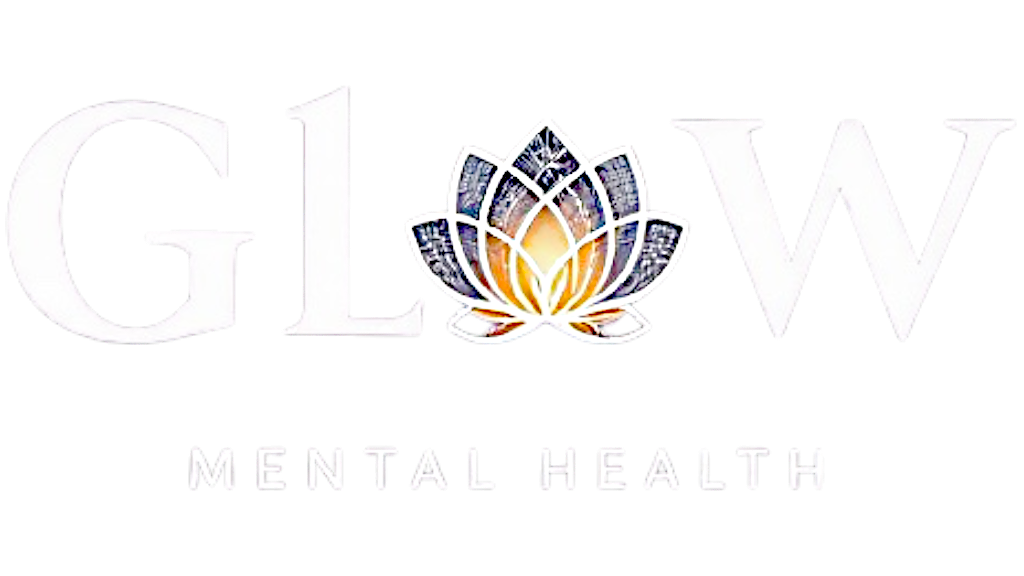
Frequently Asked Questions
-
We offer in-person individual and couples therapy in Kitchener-Waterloo, Mississauga, and virtually throughout Ontario, with services available in English, Hindi, and Urdu. Our approach is inclusive, culturally responsive, and grounded in trauma-informed care.
In addition, we seasonally offer walk-and-talk therapy in local parks—including stroller-friendly “talk and stroll” therapy for new moms or seated park bench options based on the needs of our clients.
-
I offer therapy in a variety of formats to suit your comfort, accessibility, and preferences:
In-Person (Office) – Sessions take place in a calm, private office setting designed to support comfort and connection.
Walk-and-Talk Therapy – For clients who feel more comfortable processing outdoors, we can meet for a gentle walk in a nearby park. This can support regulation and reflection through movement and nature.
Phone Sessions – A flexible option for those who prefer to talk by phone, offering privacy and ease from your own space.
Home Visits – In some cases, I offer therapy in your home. This is considered on a case-by-case basis and may be suitable for clients with accessibility needs or postpartum clients.
All options are grounded in the same compassionate, confidential care. If you're unsure which format is right for you, I'm happy to discuss what might feel best.
-
There’s no perfect time to start therapy. Sometimes it’s a big life change or event that brings you here, and other times it’s just a quiet sense that something needs attention. If you’re feeling stuck, overwhelmed, or simply want space to hear yourself more clearly and reconnect with yourself, therapy can help you begin to untangle what’s been heavy and make room for what matters most.
If you’re curious but unsure, you’re welcome to book a free 15-minute consultation to see how it feels. There’s no pressure—just a chance to connect and learn what is right for you.
-
There’s no one-size-fits-all answer. The frequency of visits depends on what you’re hoping to work through, what kind of support you’re needing right now, and what feels sustainable for your life.
We’ll figure this out together—therapy is most helpful when it fits into your life in a way that feels doable and supportive, not overwhelming. You’re always welcome to adjust the rhythm as your needs shift.
-
Therapy looks different for everyone. Some clients start to notice shifts within the first few sessions—maybe a bit more clarity, some grounding tools, or a sense of relief that they don’t have to carry things alone. For others, the process is slower, but each step can bring deeper understanding and healing. We’ll move at a pace that feels right for you, and check in regularly to make sure you’re getting what you need. Healing is a process—and you don’t have to do it all at once.
-
I work with adults and couples navigating a wide range of challenges, including (but not limited to):
Anxiety and Depression
Relationship and attachment issues
Parenting challenges
Postpartum anxiety and postpartum depression
Postpartum rage and emotional overwhelm
Infertility, hormonal health, and PMDD
Pregnancy loss and grief related to reproductive challenges
Couples navigating the transition to parenthood and postpartum relationship challenges
Grief, loss, and anticipatory grief
Chronic illness,
Chronic Pain
Cancer
Invisible illness
Caregiver burnout
Career burnout and workplace stress, especially in nursing and healthcare
Trauma, PTSD, C-PTSD
Intergenerational Trauma
Abandonment issues
Identity exploration and self-worth
Life transitions
Cultural and generational tensions
Complex family dynamics, cultural expectations, and generational shifts within the South Asian community
Boundaries and people-pleasing patterns
Emotional regulation and self-compassion
Perfectionism, guilt, and inner criticism
Self-esteem, self-doubt
Commitment issues
